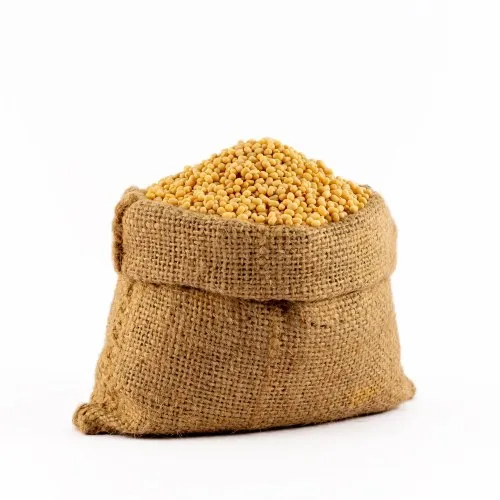Organic Urad Dal
₹110.0
| Brand | Terra Greens Organic |
| Speciality | Organic |
| Cuisine | Indian |
| Country of Origin | Made in India |
- Description
- Additional information
- Reviews (0)
- Q & A
- Sustainability Remark
- More Offers
- Store Policies
- Inquiries
| brands | Terra Green Organics |
|---|
You must be logged in to post a review.
Q & A
Organic dal, or organic lentils, can be considered a sustainable choice compared to conventionally grown lentils due to several factors. However, it's important to note that the sustainability of any agricultural product depends on various factors such as farming practices, transportation, packaging, and overall environmental impact. Here are some key points to consider regarding the sustainability of organic dal:
Reduced chemical usage: Organic farming practices prohibit the use of synthetic fertilizers, pesticides, herbicides, and genetically modified organisms (GMOs). This restriction minimizes the potential negative impact on soil health, water quality, and biodiversity.
Soil health and conservation: Organic farming practices often prioritize soil health through techniques such as crop rotation, composting, and the use of organic matter. These methods can improve soil fertility, structure, and water-holding capacity, promoting long-term sustainability.
Biodiversity preservation: Organic farms typically support higher levels of biodiversity compared to conventional farms. The absence of chemical pesticides allows beneficial insects, birds, and other wildlife to thrive, contributing to a more balanced ecosystem.
Water conservation: Organic farming practices tend to focus on water conservation. By avoiding synthetic fertilizers and pesticides, organic farming can help prevent water pollution. Additionally, practices such as mulching and composting can improve soil moisture retention, reducing the need for irrigation.
Reduced carbon footprint: Organic farming often emphasizes low-intensity practices, which can help reduce greenhouse gas emissions. By avoiding synthetic fertilizers and pesticides, organic dal production can contribute to mitigating climate change.
However, it's worth noting that organic farming generally requires more land and labor compared to conventional farming methods, which can impact overall sustainability. Additionally, transportation and packaging methods can affect the environmental footprint of organic dal. Opting for locally sourced and minimally packaged organic dal can help further enhance its sustainability.
Overall, while organic dal offers potential sustainability benefits, it's important to consider the broader picture, including farming practices, transportation, packaging, and other factors, to assess the overall sustainability of any agricultural product.
General Inquiries
There are no inquiries yet.



Reviews
There are no reviews yet.